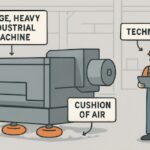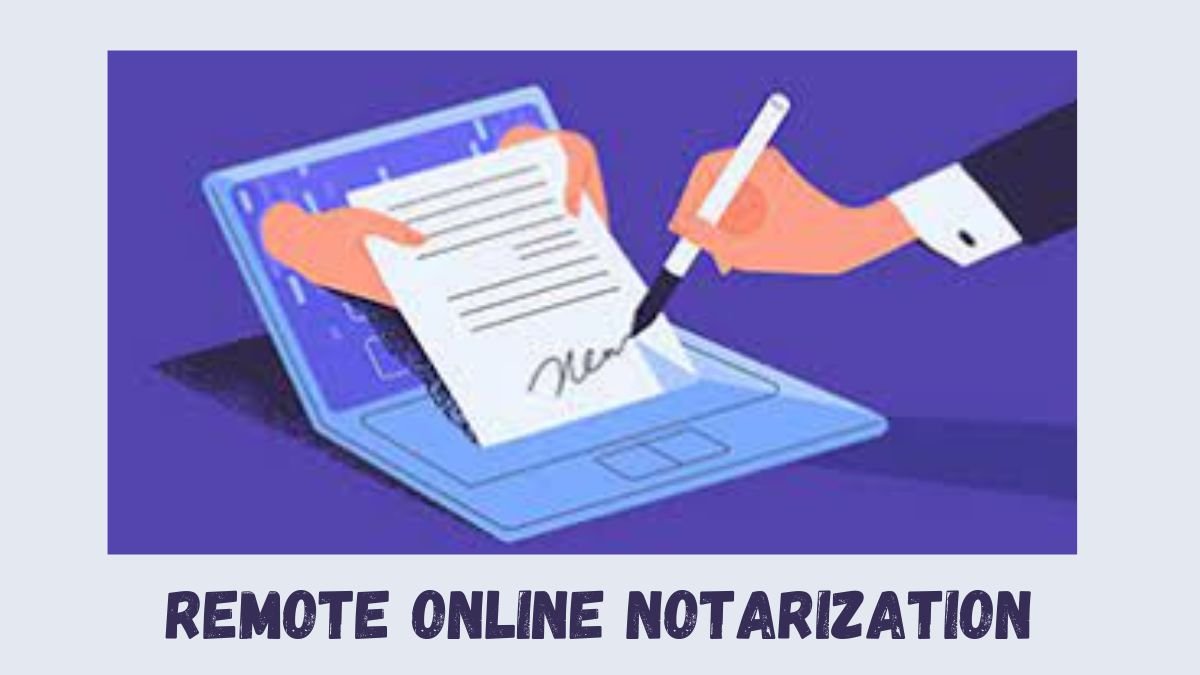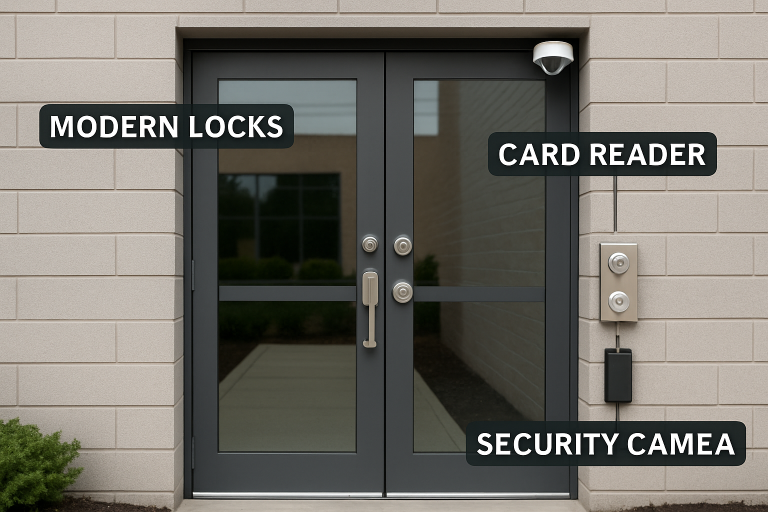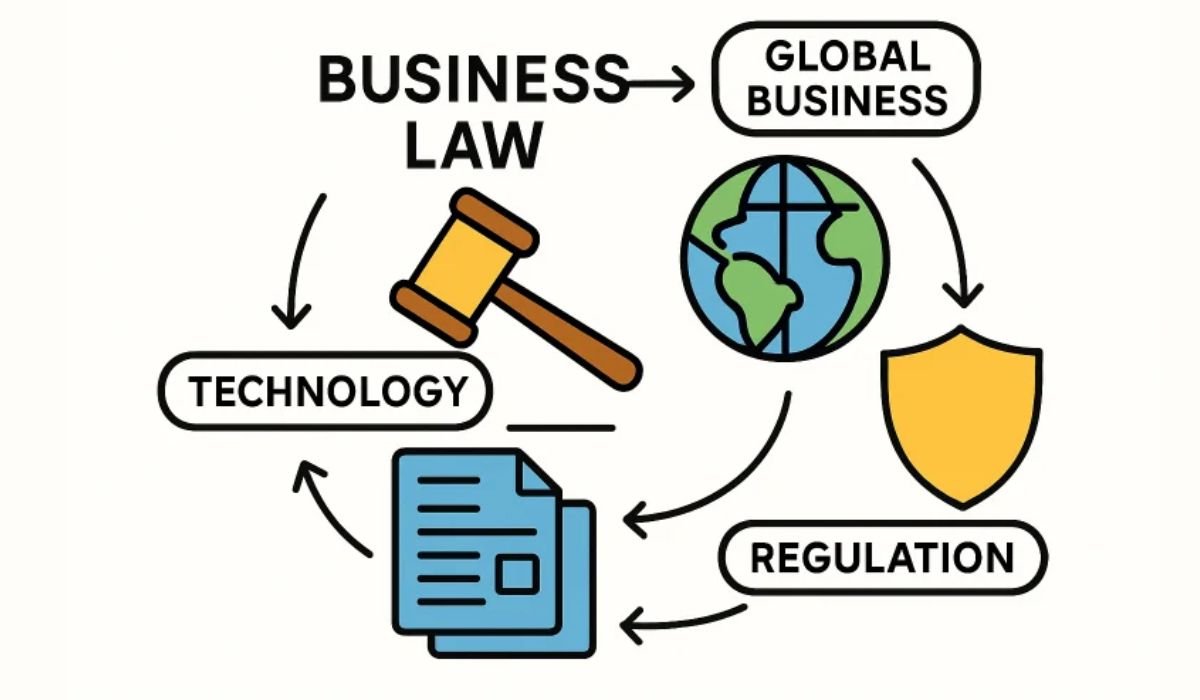Working from home may have been a pipe dream before the COVID-19 pandemic, but now it’s becoming more common in many industries. As a result, many businesses have started to use remote online notarization (RON) to boost efficiency. RON is a secure, digital process that verifies signers’ identity online.
Convenience
RON is more efficient than a traditional in-person notarization. The process is more timely as there’s no need for a signer to travel, and it can typically be completed in 10-15 minutes. It also eliminates the risk of COVID-19 transmission during an in-person meeting – often necessary during the pandemic. This lowered risk of infection and shortened turnaround time is especially valuable for clients needing fast document verifications like power of attorney documents, e-signatures, and establishing trusts. Moreover, RON is an economical option as fewer qualifications are required to get started. Additionally, there are lower upfront and ongoing expenses when compared to traditional notary businesses. This includes fees for a notary software and Internet service. With fortified online security features, confidentiality is never compromised.
Efficiency
The old process of scheduling in-person appointments with notaries, commuting, and waiting for the appointment could be faster, more efficient, and more convenient. Remote online notarization (RON) gives businesses the flexibility to manage their legal documents and processes more efficiently. With a digital end-to-end process, you can send, receive, edit, and sign documents and use reusable templates. RON also includes built-in state-required checks such as ID verification and knowledge-based authentication to ensure only authorized signers join the audio/visual meeting. RON also helps to reduce paper consumption by eliminating the need for multiple physical signatures and meetings with borrowers. The RON platform also provides an audit trail for complete accountability. This makes a huge difference in the lending industry, where thousands of pages are printed for every mortgage.
Security
While web developers or graphic designers are among the more common remote jobs, becoming an online Notary Public requires fewer qualifications and is a cost-effective way to work from home. RON eliminates the need for in-person meetings, reducing overhead and travel expenses. Innovative technology often concerns security, but RON is safe and secure for all parties involved. It is completed in a protected audio-visual session, and the signer’s identity is verified using multiple methods such as digital certificates, knowledge-based authentication, government-issued ID documents, and two-factor authentication. The industry is awaiting a final decision on the SECURE Act, which would allow for consistent state-wide implementation of RON laws.
Convenience for Borrowers
Lenders and real estate agencies often deal with documents that need notarization, including mortgage paperwork, title transfer papers, and deeds. Using RON eliminates the need for in-person appointments, which reduces the risk of catching COVID-19. Notaries can conduct RON sessions on demand, and borrowers can sign electronically. This helps streamline the process and saves time and money for both parties. RON is a secure solution that requires a high level of identity verification. Typically, notaries use a combination of identity authentication factors, such as knowledge-based authentication and visual confirmation, and state-approved remote notarization software that meets the requirements of a digital audit trail and common data privacy standards. This ensures a tamper-evident record that is valid for future legal use.
Convenience for Lenders
Before the COVID-19 pandemic, working remotely was a pipe dream. The health crisis catalyzed the movement into overdrive. Lenders can cut down the back-and-forth of loan closing by facilitating remote online notarizations for their customers. This makes completing the mortgage process easier, faster, and more convenient. RONs use advanced security features, like digital certificates and electronic journals, to ensure accurate records and robust audit trails. They can also be completed nationwide, thanks to interstate recognition. While some states may have a few restrictions on how they can perform a remote notarization, many have passed laws that lift those limitations. And with the push toward digital processes in all sectors, this technology will only continue to grow in popularity and utility. It’s time to get on board.










